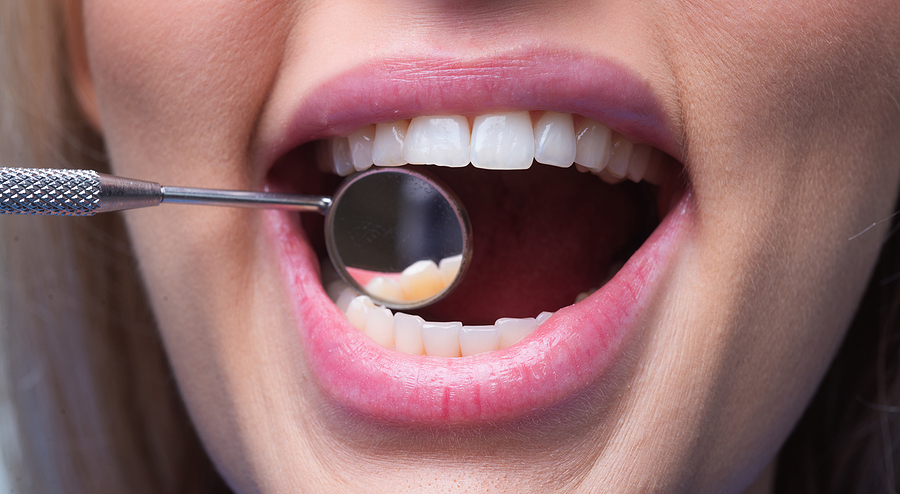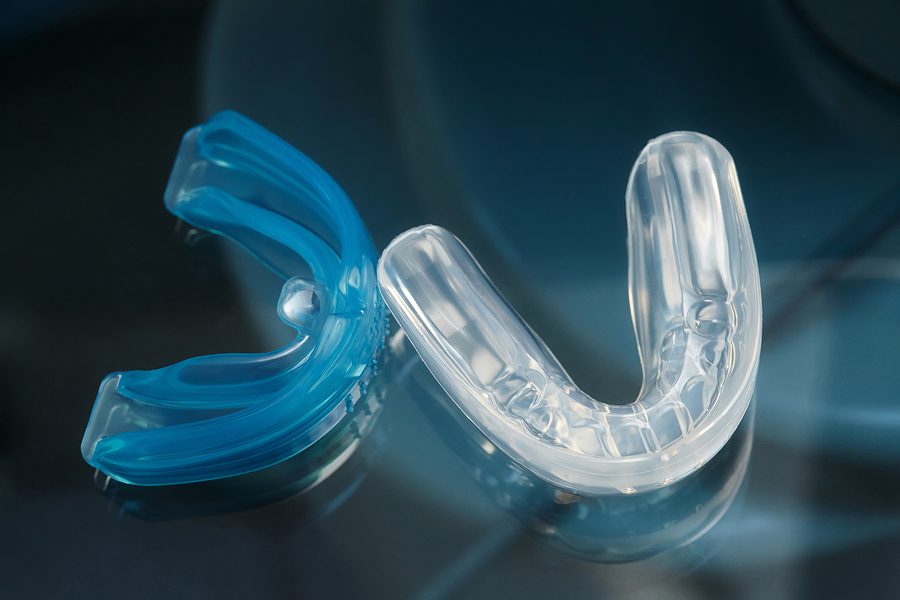Flossing - are there really differences in the types of floss available? Is flossing really necessary?
Posted by COMPLETE DENTAL HEALTH on May 20 2021, 11:12 AM

Do you floss regularly? For many of us, the answer is no. According to various studies, only 50% of us floss regularly, and almost 18% of people never floss at all.
Many people find flossing an uncomfortable experience because of the trouble moving the floss between their teeth. However, flossing is a vital part of a healthy dental routine to keep cavities and many dental diseases at bay.
There are various flossing devices available; choosing one from them can be overwhelming. Read on to understand the different types of flosses, the benefits of each one of them, and how to maintain a healthy smile with flossing.
Benefits of flossing
- Flossing helps to get rid of plaque.
Plaque is a colorless sticky film that forms on and around the teeth and along the gumline when the bacteria inside the mouth gets mixed with sugary or starchy foods. Even if you brush correctly, dental floss is the only method to eliminate food particles, plaque, and tartar between the teeth and hard-to-reach areas.
- Reduces the risk of cavities
Plaque accumulation on the teeth surface increases the risk of developing a cavity. Flossing helps eliminate the hidden food particles and plaque accumulation, thus lowering the risk of tooth decay.
- Helps prevent gum disease
Proper brushing and flossing, along with biannual professional dental cleanings, can help reduce the risk of gingivitis and periodontitis.
- Reduces bad breath
Bad breath (halitosis) can occur due to the decaying of food particles that get trapped between the teeth. Flossing can help keep bad breath away.
Types of dental flosses
There are different types of dental flosses available; the most important among them are as follows.
- Waxed Floss
Waxed floss is the most common type of dental floss. It consists of a nylon string with a light wax coating that prevents the strands from breaking easily. The downside of waxed floss is that the wax coating may make it difficult to fit into the tight spaces between the teeth.
- Unwaxed Floss
Unwaxed floss is made of fine strands of thin nylon twisted together into a single string. Because of the lack of wax coating, it fits into tight spaces between teeth easily. Unwaxed floss is more prone to fraying or breaking.
- Dental Tape
Dental tapes are broader and flatter than standard floss and come in waxed and unwaxed versions. Dental tapes are more comfortable to use for people with more space between their teeth.
- Super floss
Super floss is made from yarn-like material and is similar to regular floss with stiff ends but with a thicker, fluffy part in the middle. Super floss is primarily for those who have large gaps between their teeth. The stiff ends of super floss also ensure proper cleaning around dental appliances like bridges or braces.
In the end, everyone’s dental needs can vary. However, practicing good dental hygiene practices offers immense benefits for your oral health.
If you find flossing painful or cause excessive bleeding or looking for expert advice, we recommend scheduling an appointment with our dentist at Complete Dental Health, Albany, OR 97322. Call us at (541) 928-6622 or schedule an appointment online.
Share On

Do Dental Implants Feel Like Real Teeth? What You Need to Know
Are you considering dental implants in Albany, OR? If so, you're not alone. Many people are turning to …

The Impact of Dental Implants on Jawbone Health & Facial Structure
Are you looking for a solution to missing teeth that goes beyond mere aesthetics? Dental implants might be …

Why Cosmetic Dentistry Isn’t Just About Looks: Functional Benefits Explained
Cosmetic dentistry in Albany, OR, is often seen as a luxury reserved for those wanting to enhance their …

Oral Appliances: A Versatile Solution for Dental and Sleep Health
Oral appliances are versatile tools that address various dental and medical conditions, from teeth grinding to sleep apnea. …

The Importance of Periodontal Therapy in Maintaining Healthy Gums
When it comes to our oral health, we often focus on brushing and flossing, but there’s another crucial …